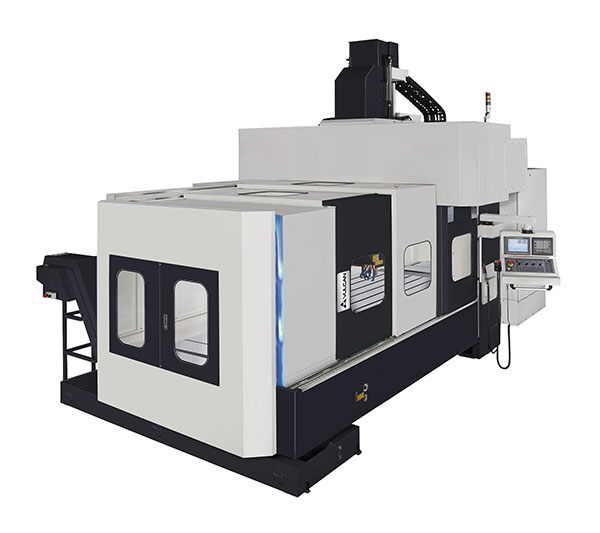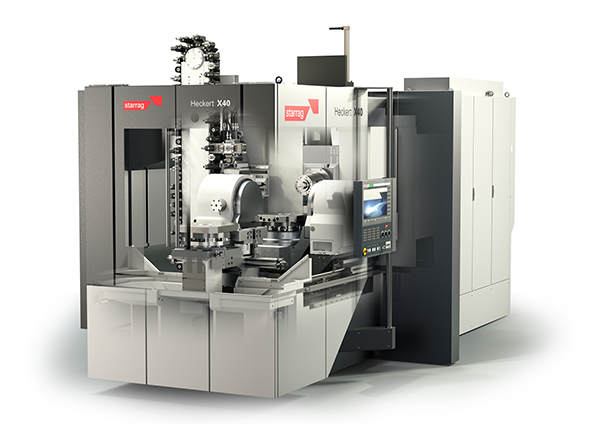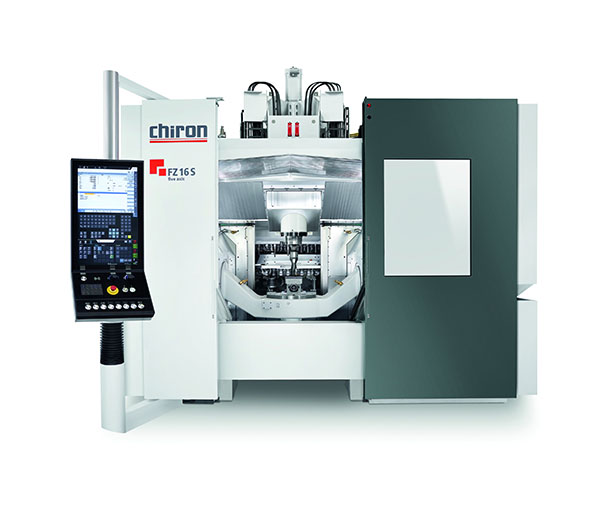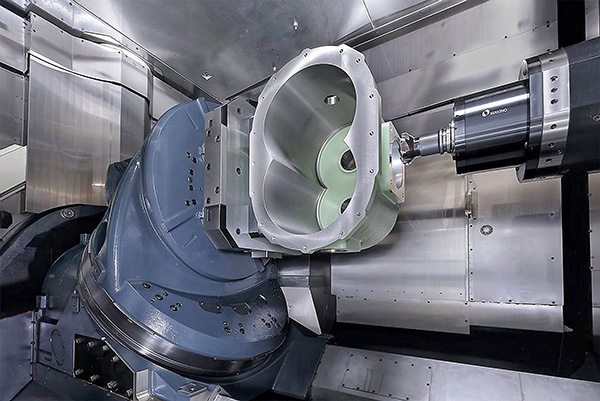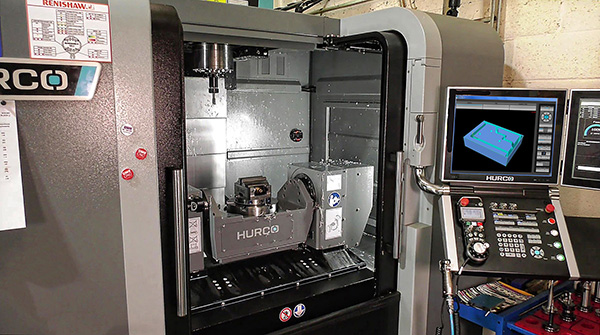
The Engineering Technology Group (ETG) has released its Vulcan series of double-column machining centres for large components. Vulcan double-column machining centres allow for the production of parts up to 10 m in length, and are available in box-way or linear configuration.
Box-way models come with a multitude of variants that include the DC 16/20B series and the 23/26B. Within these two variants are several dimensional alternatives. The smallest model in the new 16/20B line-up is the DC2216/20B double-column machining centre. In terms of specification, the DC 16/20B series has an X axis of 2.2 to 4.2 m, a Z axis of 800 to 1000 mm and a Y axis of 1.6 to 2 m depending upon the variant selected. The more compact of the new line-up, the DC2216/20B, has an X axis of 2.2 m with a distance between the columns of 1.7 m.
DC2216/20B models have a 2 x 1.4 m (1.7 m optional) table dimension with a maximum table load of 8000 kg, providing the end user with a spacious work envelope that offers the capacity for large or heavy components. Spindle motor power ratings include 18.5, 22, 26, 30 and 37 kW, with speeds ranging from 6000 to 20,000 rpm.
Regardless of whether the end user opts for a high-speed or high-torque spindle variant, there is a choice of BT50, ISO50 or CAT50 taper to meet the needs of the customer. Working in tandem with the spindle taper is a tooling carousel that can feature 24, 32, 40 or even 60 tool positions.
For further information
www.engtechgroup.com






